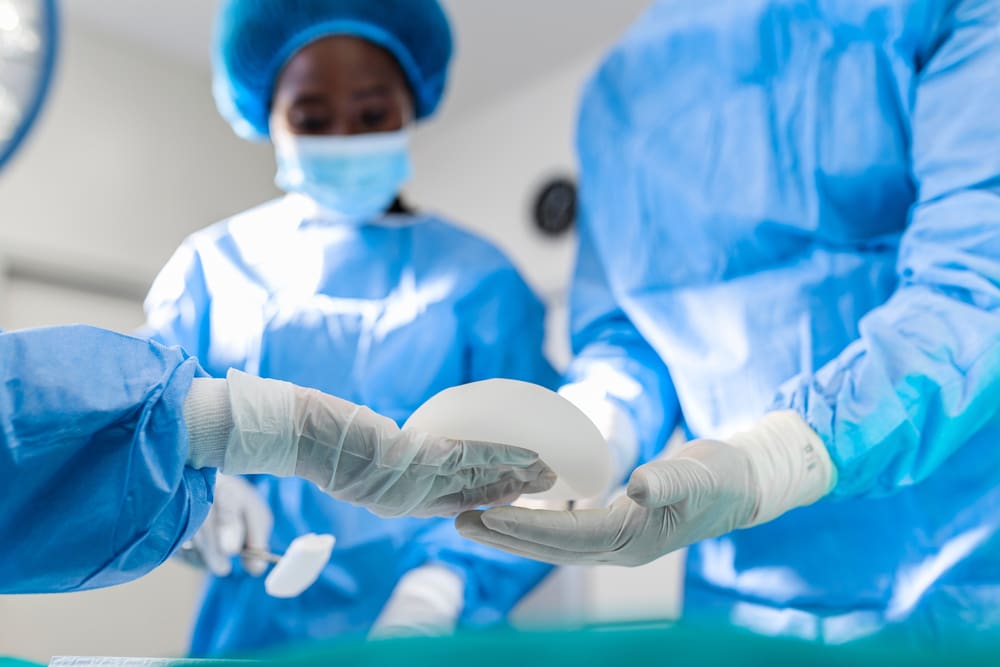Thousands of Americans facing severe inflammatory bowel disease are turning to a procedure colloquially known as barbie butt surgery when conventional treatments no longer provide relief. This life changing operation, medically termed proctectomy, removes the rectum and permanently closes the anal opening, creating a smooth appearance reminiscent of the famous doll.
The procedure has gained attention not for cosmetic reasons, but as a final treatment option for patients with debilitating conditions like ulcerative colitis, Crohn’s disease, or rectal cancer. For many, it represents the difference between living in constant pain and reclaiming a semblance of normal life.
Medical professionals report increasing numbers of patients seeking this surgery as awareness grows about its potential benefits. However, the decision to undergo such a significant procedure requires careful consideration of both physical and psychological factors that will affect patients for the rest of their lives.
When traditional treatments stop working
Patients typically consider proctectomy only after exhausting other treatment options. Many have lived with severe inflammatory bowel disease for years, enduring multiple surgeries, medications, and procedures that provided temporary relief at best.
The surgery becomes necessary when the rectum and anus are so severely damaged by disease that they cannot function properly. Patients often experience chronic pain, frequent bleeding, and inability to control bowel movements, severely impacting their quality of life and ability to work or maintain relationships.
Some patients arrive at this decision after developing complications from previous surgeries, including failed anastomoses or persistent infections. Others face the choice between proctectomy and living with a temporary ostomy that has proven problematic or unsuitable for their lifestyle.
Understanding the surgical process
The proctectomy procedure involves complete removal of the rectum and closure of the anal opening. Surgeons typically perform this operation in conjunction with creating a permanent ileostomy, which allows waste to exit through an opening in the abdominal wall into a collection bag.
Most procedures can be performed using minimally invasive techniques, reducing recovery time and scarring compared to traditional open surgery. The operation usually takes several hours, with patients requiring several days of hospitalization followed by weeks of recovery at home.
Life after barbie butt surgery
Recovery extends far beyond physical healing, as patients must adapt to significant changes in their daily routines and body image. Learning to manage an ostomy bag requires patience and practice, though most patients report feeling more confident with time and proper education.
Many patients describe the psychological adjustment as more challenging than the physical recovery. Support groups have become invaluable resources, connecting patients with others who understand the unique challenges of living with this type of surgery.
Improved quality of life outcomes
Despite the significant adjustments required, research shows that most patients report substantial improvements in their quality of life following surgery. The elimination of chronic pain, frequent bathroom visits, and unpredictable bowel movements allows many to return to activities they had abandoned.
Career prospects often improve as patients no longer need to plan their work schedules around bathroom accessibility or frequent medical appointments. Travel becomes possible again, and many patients report feeling more comfortable in social situations.
The emotional journey of recovery
Health care providers emphasize the importance of mental health support throughout the process. Many patients work with counselors or therapists to process the emotional aspects of living with such a significant bodily change.
Family dynamics often shift as patients adjust to their new reality. Partners and family members frequently require education and support to understand how best to provide assistance without being overwhelming or patronizing.
Looking toward the future
Advances in surgical techniques continue to improve outcomes for patients undergoing proctectomy. New approaches to ostomy management, including more comfortable and discreet appliances, help patients maintain active lifestyles with greater confidence.
Research into regenerative medicine and tissue engineering may eventually provide alternatives to permanent ostomies, though these developments remain years away from clinical application. For now, patients and surgeons focus on optimizing current techniques and support systems.
The decision to undergo barbie butt surgery represents one of the most significant medical choices a person can make. While the adjustment period proves challenging, many patients describe the procedure as giving them their lives back after years of suffering with debilitating bowel disease.

















